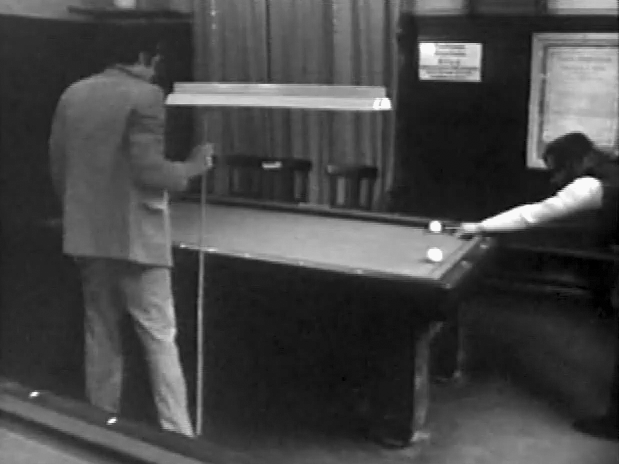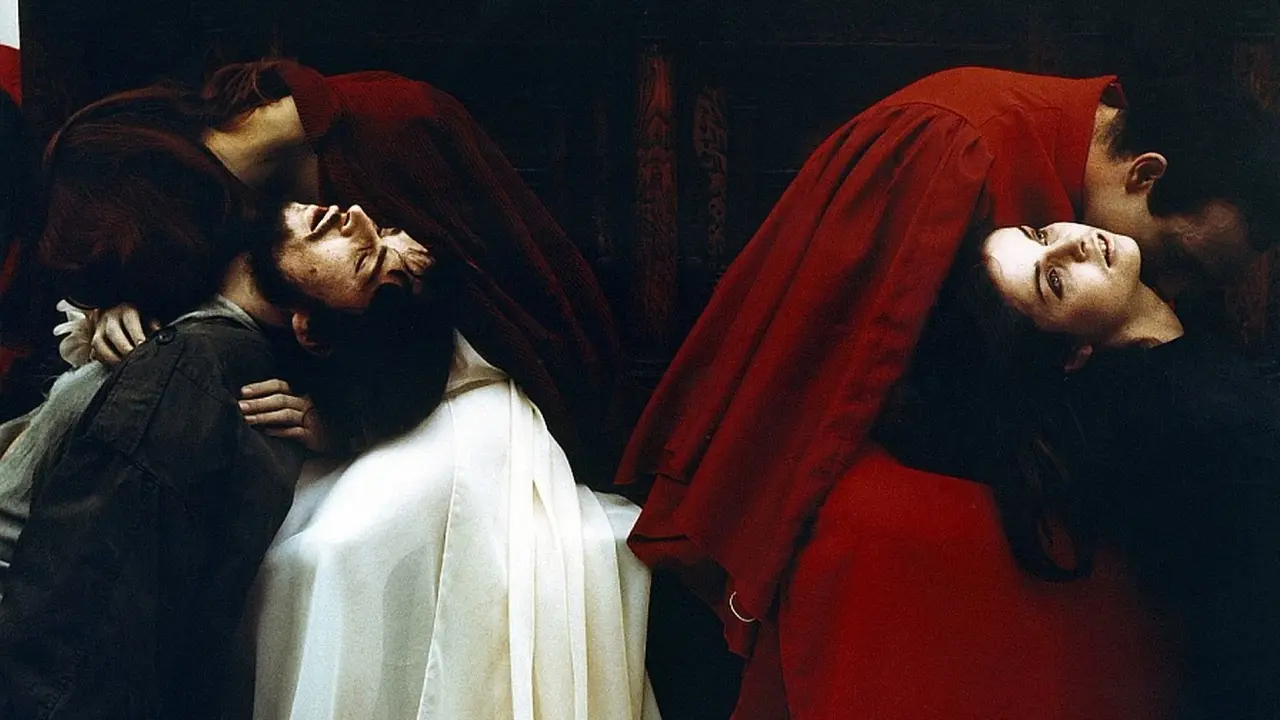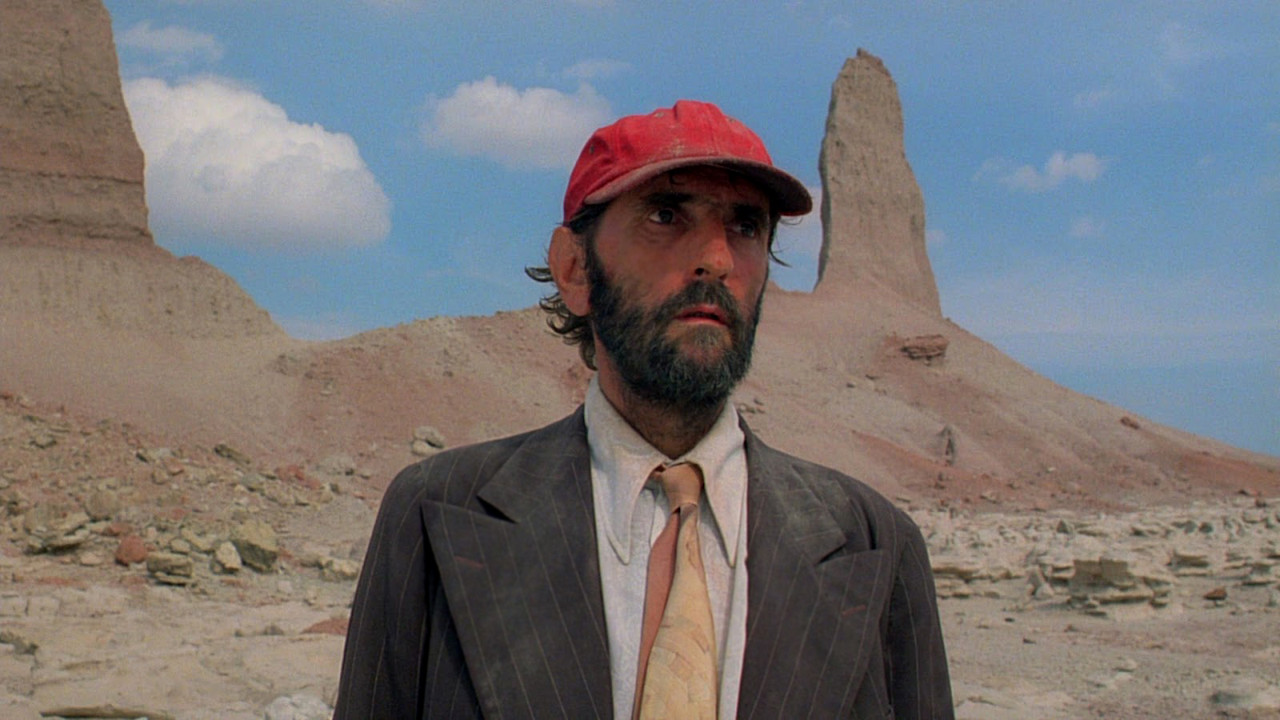“There's too much on my mind
There's too much on my mind
And I can't sleep at night thinking about it
I'm thinking all the time
There's too much on my mind
It seems there's more to life than just to live it”Summer in the City (Wim Wenders, 1970)
Sep
26
Paul Newman – 2006

Hanns and Wenders playing billiards. DP: Robby Müller.
Billiards, or Paul Newman (1925 – 2006).
– The Kinks, Too Much On My Mind (from Face To Face, 1966)
Hanns (Hanns Zischler) plays billiards with Wim Wenders.
RobbyMüller
Jonathan (Hans W. Geissendörfer, 1970)
May
26
World Dracula Day

Siring the mortals. DP: Robby Müller.
A vampire for World Dracula Day
This deeply political, unpleasant interpretation of Stoker's Dracula can not not be seen against the backdrop of political movements like the #RAF and West-Germany's youth revolting against the failed #Denazification that the country underwent under supervision of the Allied occupying forces.
Note the usage of colour and grouping of people; Klaus Mann's Mephisto (1981) borrowed quite a few visuals from Jonathan.
“The Dust has come to stay. You may stay or pass on through or whatever.”Paris, Texas (Wim Wenders, 1984)
Mar
27
94th Academy Awards

Travis (Harry Dean Stanton) wandering the desert. DP: Robby Müller.
A film that I wish would have won the Academy Award for Best Picture in honour of the 94th Academy Awards (2022).
– gas station sign
“Ich werde mich entschlossen verirren.” Die Angst des Tormanns beim Elfmeter [The Goalie's Anxiety at the Penalty Kick] (Wim Wenders, 1972)
Jul
28
National Soccer Day

Trainer, reserve players and goalkeeper Bloch on the bench after the latter has been removed from the match. Bloch (Arthur Brauss) has his upper body turned away from the others' and sits with only half of his backside on the bench. DP: Robby Müller.
A lot of #soccer there's not, in Wim Wenders' Die Angst des Tormanns beim Elfmeter. What we do have happens almost right at the start. After a foul, the titular goalkeeper Bloch (Arthur Brauss) is removed from the match. Frustrated he leaves and finds himself roaming the streets of #Vienna where he picks up boxoffice girl Gloria (Erika Pluhar). In the morning he kills her and travels to the countryside, waiting for the police to arrest him.
– Peter Handke
Die Angst is an early, perfect example of Junger Deutscher Film (”New German Cinema”). Its cinematic thanks to Robby Müller's observant eye and Peter Handke's precise language, both describing scenes and performers as if observed through a fourth wall.
A very slow burning road movie, a Taxi Driver in reverse if you will, that does without the neurotic showmanship of its Hollywood counterpart.